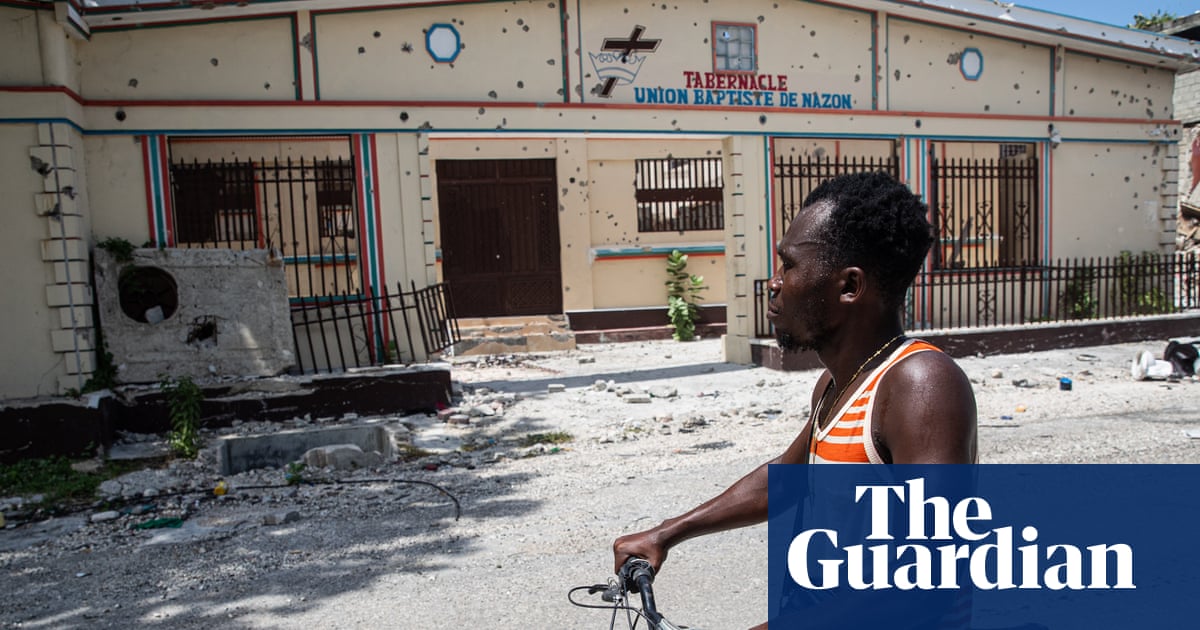UN Security Council Approves New Gang Suppression Force for Haiti
The UN Security Council approved a new 'Gang Suppression Force' for Haiti, with 5,550 personnel, to combat powerful gangs controlling the capital following President Moïse's 2021 assassination.
Subscribe to unlock this story
We really don't like cutting you off, but you've reached your monthly limit. At just $5/month, subscriptions are how we keep this project going. Start your free 7-day trial today!
Get StartedHave an account? Sign in
Overview
- The UN Security Council has approved a new 'Gang Suppression Force' for Haiti, aiming to address the severe gang violence plaguing the nation.
- This newly authorized force will have a personnel ceiling of 5,550, comprising both police officers and soldiers to enhance security operations.
- Powerful gangs currently exert control over nearly all of Haiti's capital, Port au Prince, creating a dire security situation for residents.
- The decision to establish this force comes after the assassination of President Jovenel Moïse in 2021, which exacerbated the country's instability.
- China, Russia, and Pakistan abstained from the UN Security Council vote, citing concerns regarding Haiti's political transition and the mission's overall role.
Report issue

Read both sides in 5 minutes each day
Analysis
Center-leaning sources cover the UN Security Council's authorization of a new, larger 'Gang Suppression Force' for Haiti with neutrality. They present factual details of the resolution, its mandate, and the context of escalating gang violence. The reporting includes diverse perspectives from supporting nations like the U.S. and Panama, as well as critical views from China and Russia, without editorial bias.
Articles (3)
Center (1)
FAQ
The initial mandate for the Gang Suppression Force (GSF) is 12 months.
The new GSF replaces the Kenyan-led Multinational Security Support (MSS) mission, which was chronically underfunded, understaffed, and limited in operational capacity, making it ineffective at containing the gangs now controlling large parts of Port-au-Prince[1]. The GSF is larger (5,550 personnel) and specifically focuses on suppressing gangs, protecting critical infrastructure, and supporting humanitarian access[1].
Panama and the United States were the main authors (co-penholders) of the resolution[2]. The resolution received 12 votes in favor, with abstentions from China, Pakistan, and Russia, who expressed concerns over Haiti's political transition and the mission's role.
Haiti faces nearly 1.3 million internally displaced people, rising kidnappings, widespread sexual violence, and gangs that control large areas of Port-au-Prince, all of which have resulted in a severe humanitarian crisis and widespread human rights abuses.
The draft resolution requests the Secretary-General to establish a UN Support Office in Haiti (UNSOH) to assist and coordinate international efforts, though the specific details of its mandate are not yet fully outlined in the available sources[2].
History
- This story does not have any previous versions.

